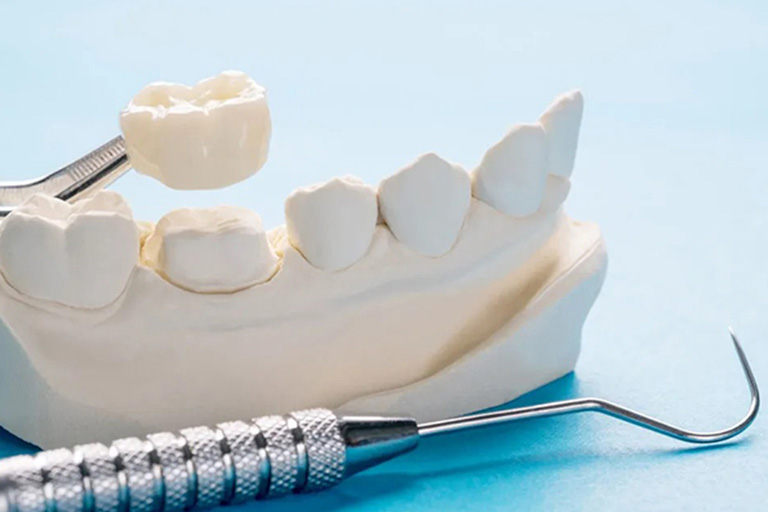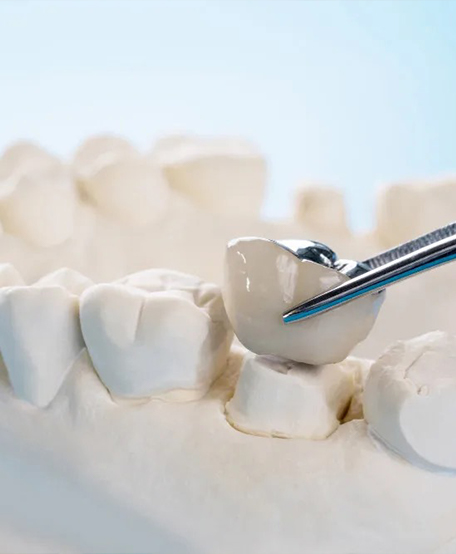Oral Health Education
Oral Health Education
At Fletcher Dental Care, we believe that knowledge is the key to lifelong oral health. Our Oral Health Education service is designed to empower you with the information and tools you need to maintain a healthy mouth and a beautiful smile. Good oral hygiene practices are foundational to avoiding cavities, gum disease, and other dental problems. By understanding how to care for your teeth and gums properly, you’re not just investing in your smile—you’re investing in your overall health and well-being.
Why Oral Health Education Matters
Effective oral health education is about more than just telling you to brush and floss; it’s about equipping you with the knowledge to make informed choices and establish healthy habits that work best for you. Educating patients on topics such as proper brushing techniques, the effects of diet on oral health, and the importance of regular dental visits helps prevent dental issues and reduce the need for invasive treatments in the future.
Research has shown that people who understand the importance of oral hygiene and how to practice it correctly are less likely to suffer from tooth decay, gum disease, and other oral health problems. At Fletcher Dental Care, we want every patient to feel confident in their oral care routine and understand the positive impact it has on their overall health.

What Our Oral Health Education Service Includes
Our oral health education service is tailored to meet the unique needs of each patient. Whether you’re new to dental care or just need a refresher, we provide valuable guidance on the following:
- Brushing Techniques
Proper brushing is the cornerstone of good oral hygiene, but many people aren’t aware of the best techniques. We’ll demonstrate the ideal brushing method for you, ensuring that you’re effectively removing plaque while avoiding unnecessary wear on your teeth and gums. We’ll also discuss the best toothbrushes and toothpaste for your needs. - Flossing Instructions
Flossing is essential for removing food particles and plaque from areas between the teeth that your toothbrush can’t reach. Our team will show you the correct flossing technique and recommend tools, such as floss picks or interdental brushes, for added ease and effectiveness. - Diet and Oral Health
What you eat can have a significant impact on your oral health. We provide personalised dietary recommendations to help you make choices that support healthy teeth and gums. For example, we’ll discuss how acidic foods, sugary snacks, and beverages can lead to decay and erosion, as well as the best alternatives to keep your smile strong. - Preventing Gum Disease
Gum disease is one of the most common dental issues and a major cause of tooth loss. Our team will explain how gum disease develops and how you can protect yourself through daily habits and regular checkups. We’ll also discuss symptoms to look out for, like bleeding gums, that may indicate the need for professional care. - Protective Measures
If you’re at risk for specific dental issues, such as tooth grinding, we’ll provide guidance on preventive measures like mouthguards. For children, we offer advice on fluoride and sealants that can offer extra protection against cavities. - Understanding Dental Treatments
Our education doesn’t stop at at-home care. We take the time to explain any treatments we recommend, so you fully understand their benefits, how they work, and why they’re necessary. This includes preventive treatments like fluoride applications and sealants, as well as restorative treatments if needed.
Benefits of Oral Health Education
Our oral health education service offers numerous benefits, empowering patients of all ages to take control of their dental health:
- Enhanced Oral Hygiene: Knowing the correct techniques for brushing and flossing improves your daily care routine, helping to prevent plaque buildup, cavities, and gum disease.
- Reduced Dental Anxiety: Understanding the “why” behind dental care can help alleviate anxiety, especially for children and individuals with dental phobia. When you know what to expect, dental visits become much more manageable.
- Long-Term Savings: Preventive care and good habits can reduce the need for costly and invasive treatments in the future.
- Better Overall Health: Oral health is connected to overall health, with research linking gum disease to conditions like heart disease and diabetes. Good oral hygiene helps reduce the risk of systemic health issues.
- Confidence in Your Smile: Knowing how to properly care for your teeth and gums helps you maintain a bright, healthy smile.
Fletcher Dental Care’s Approach to Patient Education
At Fletcher Dental Care, we’re dedicated to creating a positive, welcoming environment where patients feel comfortable asking questions and learning about their health. Our team takes the time to get to know each patient’s needs and tailor our educational approach accordingly. We’re here to support you, providing practical tips and encouraging you to maintain the healthiest smile possible.

Who Can Benefit from Oral Health Education?
Oral health education is beneficial for patients of all ages, from young children just learning about dental hygiene to adults looking to improve or maintain their routine. It’s especially useful for:
- Children and Parents: Teaching children the importance of oral hygiene early on fosters lifelong habits. Parents also learn tips to support their child’s dental care at home.
- Teens and Young Adults: With increased risk factors like diet changes and orthodontics, this age group benefits from tailored guidance.
- Adults: For adults, we offer specific advice on dealing with common issues like tooth sensitivity, gum health, and prevention of wear and tear.
- Seniors: Aging can introduce new dental challenges. We provide seniors with the resources they need to maintain good oral health as they grow older.

Frequently Asked Questions (FAQs)
How often should I brush and floss my teeth?
It’s recommended to brush twice a day—once in the morning and once before bed—and floss once daily. Proper technique is essential for both brushing and flossing, which we’ll cover in your oral health education session.
Can diet really impact my oral health?
Yes, absolutely. Sugary and acidic foods contribute to tooth decay and erosion. We provide personalised dietary advice to help you make choices that benefit your oral health.
Is mouthwash necessary?
While mouthwash isn’t a replacement for brushing and flossing, it can be beneficial, especially if it contains fluoride or antibacterial ingredients. We can recommend the best type for your specific needs.
Why is flossing so important?
Flossing removes plaque and food particles from areas that your toothbrush can’t reach. Neglecting these areas can lead to cavities and gum disease over time.
How can I protect my teeth if I grind them?
Teeth grinding can wear down your enamel and lead to jaw discomfort. We may recommend a custom mouthguard to protect your teeth and help alleviate symptoms.
What signs indicate I may need to improve my oral hygiene routine?
Bad breath, bleeding gums, and plaque buildup are common indicators that your oral hygiene routine may need improvement. We’ll provide guidance to help you address these issues effectively.
Book Your Appointment Today!
Let our caring team make your next visit effortless, and feel free to reach out with any questions or concerns—we’re here to support you every step of the way.
